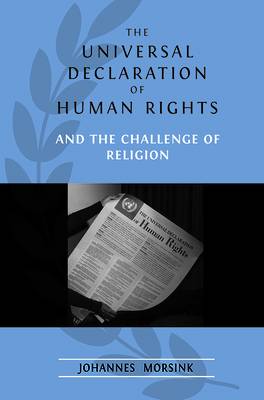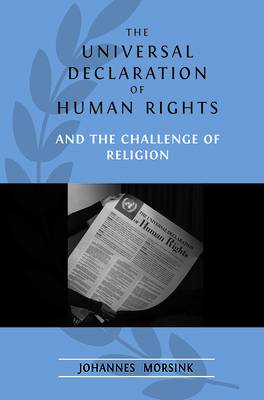
Bedankt voor het vertrouwen het afgelopen jaar! Om jou te bedanken bieden we GRATIS verzending (in België) aan op alles gedurende de hele maand januari.
- Afhalen na 1 uur in een winkel met voorraad
- Gratis thuislevering in België vanaf € 30
- Ruim aanbod met 7 miljoen producten
Bedankt voor het vertrouwen het afgelopen jaar! Om jou te bedanken bieden we GRATIS verzending (in België) aan op alles gedurende de hele maand januari.
- Afhalen na 1 uur in een winkel met voorraad
- Gratis thuislevering in België vanaf € 30
- Ruim aanbod met 7 miljoen producten
Zoeken
€ 107,95
+ 215 punten
Omschrijving
Discusses the role of religion in the collective response to the horrors of the Holocaust. It shows that the benign secularism of the UDHR was crafted with the cooperation of all of the world's major religions. The book also defends this liberal view against conservative and literalist religious forces in the United States and in Muslim majority countries.
Specificaties
Betrokkenen
- Auteur(s):
- Uitgeverij:
Inhoud
- Aantal bladzijden:
- 386
Eigenschappen
- Productcode (EAN):
- 9780826220844
- Verschijningsdatum:
- 15/05/2017
- Uitvoering:
- Hardcover
- Afmetingen:
- 152 mm x 229 mm

Alleen bij Standaard Boekhandel
+ 215 punten op je klantenkaart van Standaard Boekhandel
Beoordelingen
We publiceren alleen reviews die voldoen aan de voorwaarden voor reviews. Bekijk onze voorwaarden voor reviews.









